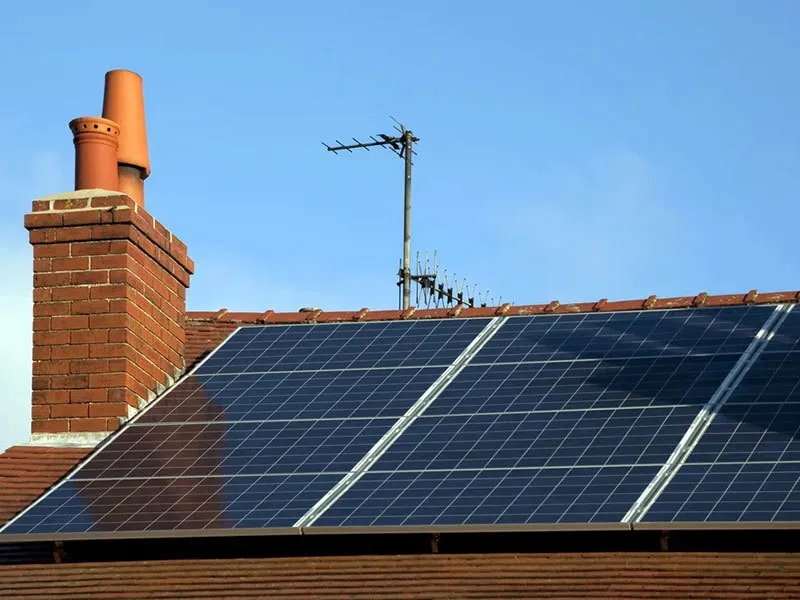solar panels for off grid living
Solar Panels for Off-Grid Living
In recent years, the concept of off-grid living has gained significant traction among those seeking sustainability, independence, and a closer connection to nature. Whether driven by environmental concerns, the desire to reduce reliance on public utilities, or the quest for a simpler lifestyle, many have turned to solar panels as a primary source of energy for their off-grid homes. This article explores the advantages and considerations associated with solar panels in the context of off-grid living.
The Basics of Off-Grid Solar Systems
An off-grid solar system is designed to provide electricity to homes that are not connected to a centralized power grid. These systems typically consist of solar panels, a charge controller, batteries for energy storage, and an inverter to convert DC electricity from the solar panels into AC electricity for household use. This setup allows off-grid dwellers to harness the sun’s energy, store it, and use it for daily needs.
Advantages of Solar Panels for Off-Grid Living
1. Sustainability Solar panels generate clean, renewable energy, contributing to a reduction in carbon footprint. By relying on the sun, off-grid living becomes more sustainable and environmentally friendly.
2. Energy Independence With a solar setup, individuals can generate their own electricity, reducing dependence on utility companies. This independence provides peace of mind, especially in remote areas where power outages may be frequent.
3. Cost Savings While the initial investment in solar panels and related equipment can be substantial, the long-term savings can be significant. Off-grid living often leads to lower energy bills, as homeowners rely on their solar energy instead of purchased electricity. Additionally, government incentives and tax credits can help offset costs.
solar panels for off grid living

4. Flexibility Off-grid solar systems can be tailored to individual energy needs. Homeowners can calculate their energy consumption and design a system that meets those specific requirements, ensuring optimal efficiency.
5. Less Maintenance Solar panels have a long lifespan, often lasting 25 years or more, with minimal maintenance required. Regular cleaning and occasional inspections are typically sufficient to keep them in optimal condition.
Considerations for Implementation
While the benefits of solar panels are significant, there are also considerations to keep in mind. The efficiency of solar panels can be affected by geographical location, weather conditions, and seasonal changes. It's essential to assess the average sunlight hours your location receives to determine the viability of an off-grid solar system.
Moreover, an accurate estimation of energy needs is crucial to designing a functional system. Overestimating energy use can lead to inadequate power supply, while underestimating can result in unnecessary expenses.
The initial installation cost can be a barrier for some, although financing options and grants can help. Additionally, off-grid living may require lifestyle adjustments to align with available energy resources. Energy conservation practices, such as using energy-efficient appliances and reducing consumption during low sunlight periods, are essential for maximizing sustainable living.
Conclusion
Solar panels present an excellent solution for those seeking to embrace off-grid living. They offer numerous benefits, including sustainability, energy independence, and potential cost savings. By carefully considering your energy needs and planning appropriately, transitioning to a solar-powered off-grid lifestyle can be both rewarding and fulfilling, paving the way for a more sustainable future.
-
Understanding the Advantages of Solar String Inverters for Your Energy SystemNewsApr.29,2025
-
Choosing the Right PV Inverter: A Comprehensive GuideNewsApr.29,2025
-
The Future of Solar Power: Exploring Bifacial Solar PanelsNewsApr.29,2025
-
The Complete Guide to Solar Panels: Efficiency, Cost, And InstallationNewsApr.29,2025
-
The Best Options for Efficiency and Cost-EffectivenessNewsApr.29,2025
-
Harnessing the Power of Off-Grid Solar Inverters for Energy IndependenceNewsApr.29,2025







